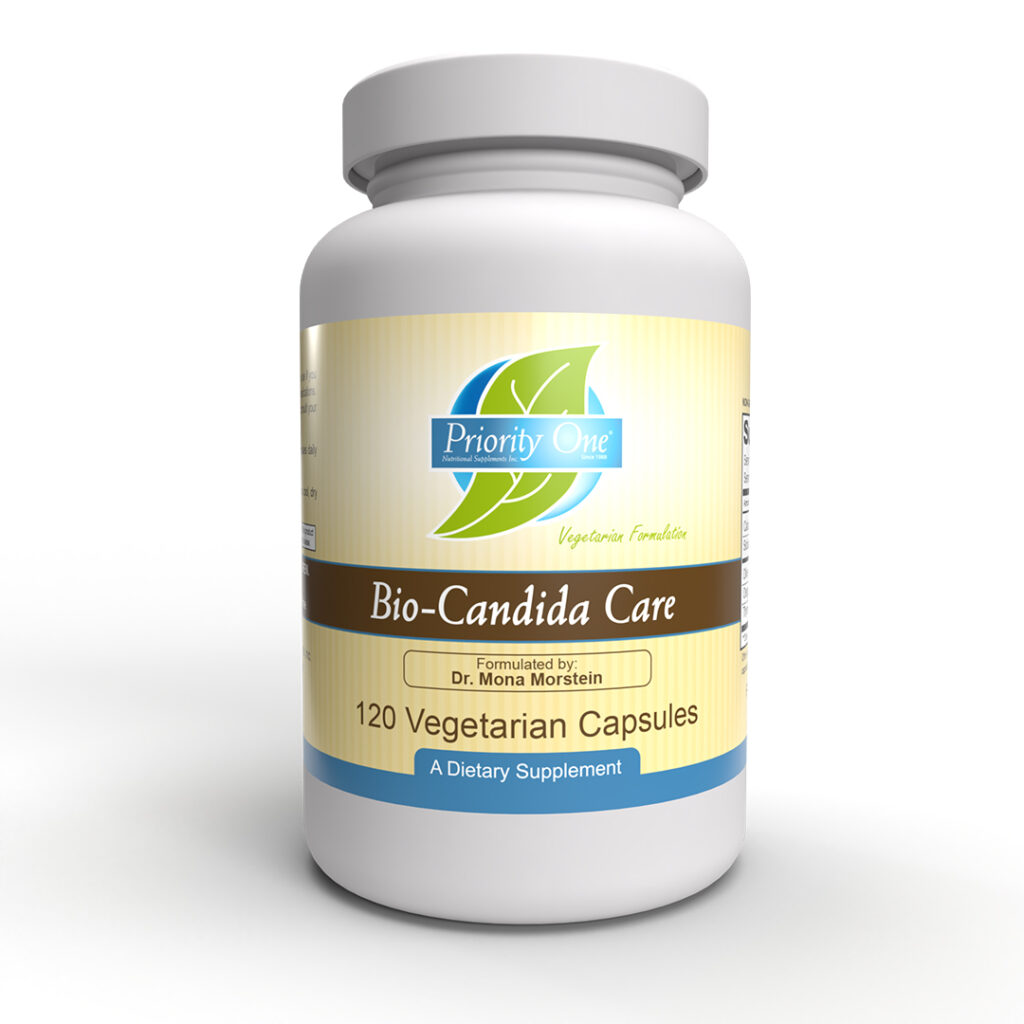
Candida albicans is a commensal fungus that is usually acquired during neonatal life. As a commensal fungus of the gastrointestinal tract it normally does not cause damage to the host. However, it can cause opportunistic infections when an individual is medically or immune compromised. These opportunistic infections can be anything from mucosal to systemic candidiasis which can be life threatening. In fact, candidiasis is the third-to-fouth most common hospital-acquired infection both in the US and worldwide. One of the reasons treatment is complicated and there is a high mortality rate is because these infections are often associated with biofilms.
Biofilms are extremely hard to eradicate. Cells within the biofilm grow as a community and create a protective matrix around them making it harder for the immune system to respond to the infection. To make it worse, the cells that disperse from the biofilm matrix tend to have increased virulence. Studies show an increased pathogenicity when looking at host-biofilm interaction for Candida albicans. The biofilm is able to influence aspects of the innate immune response by decreasing the migration, phagocytosis and production of cytokines by the immune system. Meanwhile, the immune cells in the presence of biofilms tend to promote a thicker biofilm layer that is harder to penetrate.
Even though the biofilm does a good job of protecting Candida albicans from the immune system, the Candida cells that have developed inside the biofilm are able to detach and spread to the bloodstream causing systemic candidiasis. Environmental triggers such as pH and carbon source can lead to this process of yeast-like cells budding from the biofilm, detaching and disseminating through the bloodstream. Because antifungal resistance is an ever present issue and there is an expanding population of medically and immunocompromised individuals who are at a high risk for infection it is imperative to have alternative forms of support for preventing and eliminating fungal overgrowth.
Priority One Vitamins has partnered with Dr. Mona Morstein to develop Bio-Candida Care, a new formula specifically for fungal overgrowth in the gut. Bio-Candida Care was designed to support a healthy gut biome while at the same time preventing biofilm formation, breaking down existing biofilms and inhibiting the growth and proliferation of Candida albicans. It includes calcium undecylenate since undecylenic acid has the ability to inhibit biofilm formation and can also cause cell walls to atrophy. Sodium caprylate is used because it also has the ability to cause cell wall breakdown, loss of organelle function, and inhibits the budding and growth of Candida albicans. Olive leaf has antimicrobial and antifungal properties supporting both the elimination of Candida and preventing regrowth. Oregano oil and thyme oil are wonderful antimicrobials included to support a healthy immune response.
Calcium (as calcium undecylenate): 54 mg – Undecylenic acid inhibits biofilm formation of Candida albicans. Studies show that it can also cause cell walls to atrophy.
Sodium (as sodium caprylate): 79 mg – Sodium caprylate inhibits the budding of Candida albicans and causes loss of function of cell organelles including the mitochondria. It has also been shown to decrease cellular integrity resulting in the breakdown of their cell walls.
Olive (leaf): 250mg – Contains a polyphenol called oleuropein. Oleuropein has antimicrobial and antifungal properties supporting both the elimination of Candida and preventing regrowth.
Oregano Oil: 250 mg – Oregano is an herb with antimicrobial properties. Because of its broad spectrum antimicrobial activity it can be used for bacterial and fungal infections.
Thyme oil: 200 mg – an antimicrobial herb that is often used for gastrointestinal conditions. Thyme’s antimicrobial properties have been shown to include antifungal effects against Candida.
References:
Adams, J N, et al., Effects of Sodium Caprylate on Candida Albicans. I. Influence of Concentration on Ultrastructure https://pubmed.ncbi.nlm.nih.gov/14066435/
Frontiers in Microbiology https://www.frontiersin.org/articles/10.3389/fmicb.2020.01437/full
Gaby, Alan Nutritional Medicine
Marciano & Vizniak, Botanical Medicine
Nature.com https://www.nature.com/articles/npjbiofilms201512
Shi, Dongmai, et al. Antifungal Effects of Undecylenic Acid on the Biofilm Formation of Candida Albicans https://pubmed.ncbi.nlm.nih.gov/26902505/
